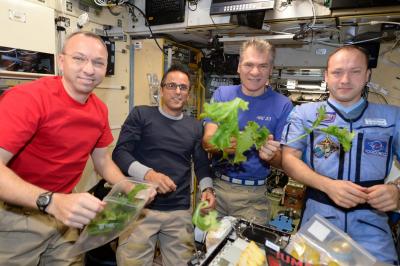New approaches, same commitment to STEM education
As a new school year gets underway amid a global pandemic, the need to support education is more important than ever—as is the relevance of STEM (science, technology, engineering and math) knowledge, as many educators are relying on technology to connect with students virtually. While opportunities for in-person mentoring and onsite events are currently on hold, teams across Boston Scientific are finding new ways to provide educational STEM programming to underserved communities.
“We need diverse teams to create the most innovative therapies, so it makes perfect sense to focus on early access to STEM education so that all people – regardless of gender, race or socio-economic background – have equal exposure to these career pathways,” says Camille Chang Gilmore, vice president of human resources and global chief diversity officer at Boston Scientific. “In the face of a pandemic, when the gaps for marginalized communities are exacerbated and growing, we are finding new approaches to support those who need it most.”
From virtual camps to supply donations, employee volunteers continue to bring meaningful experiences to students in the communities where we operate. These experiences cover STEM development from cradle to career and focus on introducing students from underrepresented populations to the possibilities of science and technology.
In recognition of STEMtember – a month-long celebration of these employee-led efforts – here is a sampling of how STEM teams modified programming in support of STEM education:
Employee volunteers in Dorado, Puerto Rico, hosted a virtual summer camp in collaboration with other local organizations, such as PRIOR, Ciencia PR and Latinas in STEAM. The four-day event featured exciting guest speakers, including sessions with NASA astronauts and activities exploring engineering and robotics.
Boston Scientific employees across China worked together to build the curriculum and content for an online STEM course in honor of Children’s Day. “By offering different types of content to engage with and plenty of opportunities to interact with the volunteers, we hoped to encourage interest in science, and ultimately, lead young people to explore STEM careers further,” says Ni Zhan, lead of the China STEM council.
To support the sudden transition to remote learning this spring, the community team in Galway, Ireland procured and delivered schoolbooks and supplies for three local schools, identified by a local nonprofit, whose students did not have access to online learning. In total, nearly 600 packages of workbooks and supplies reached students in the Galway area.
Meanwhile, teams in Minneapolis, Minn. partnered with the University of Minnesota’s Bell Museum to distribute over 9,000 science kits to Twin Cities children to help address the achievement gaps that disproportionately affect low-income communities and students of color.
While the events may look different, meeting the needs of underserved students—and developing the next generation of scientists, engineers and problem-solvers—matters more than ever.
